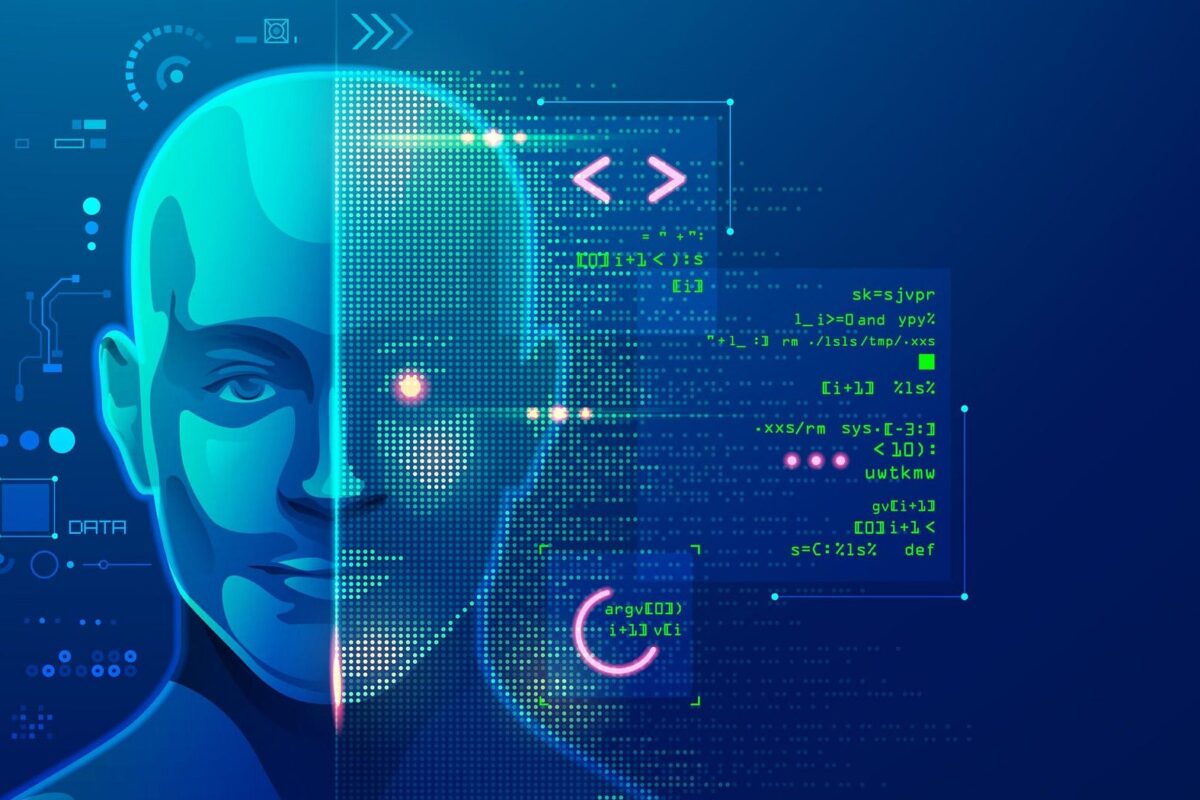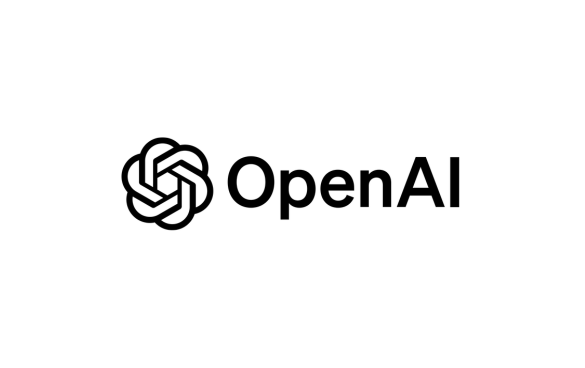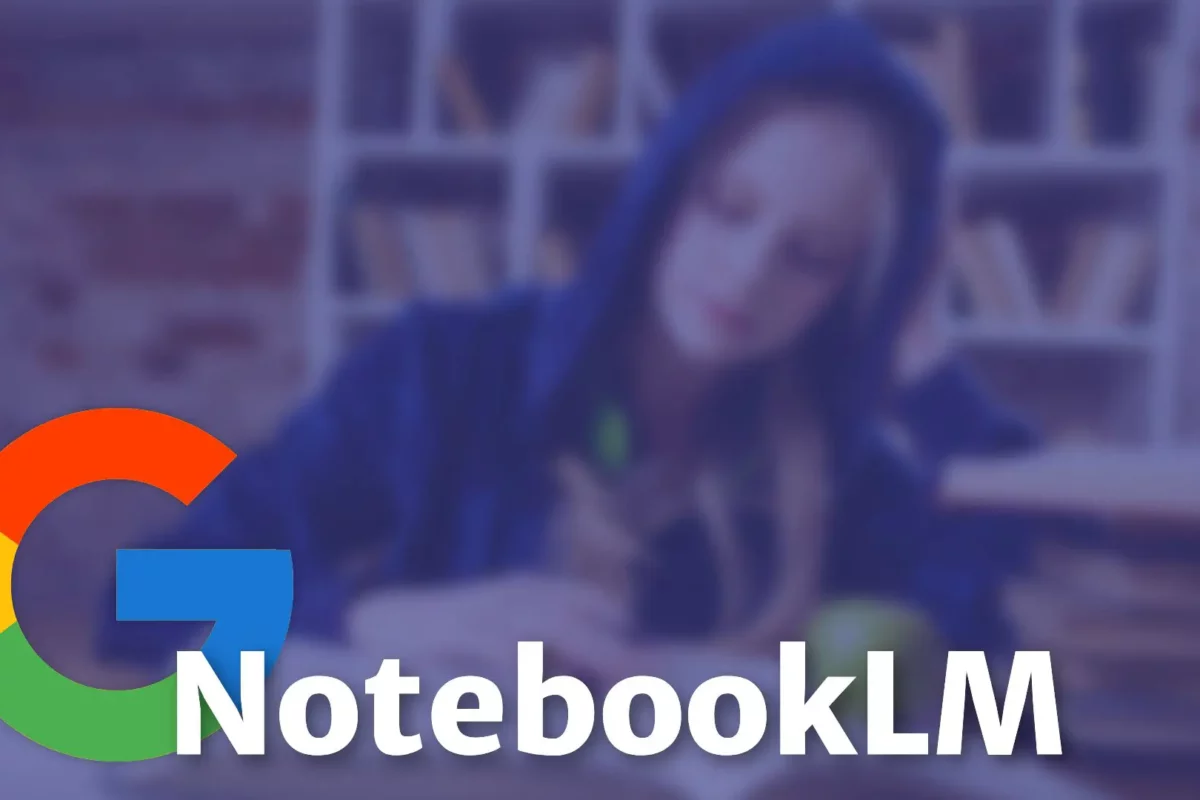Microsoft CEO Satya Nadella conveyed his “hopeful” and “optimistic” outlook on the future of artificial intelligence (AI) during the World Economic Forum in Switzerland on Tuesday. Emphasizing the importance of international cooperation, Nadella urged countries to align on adopting a set of industry standards for AI.
In a conversation with Klaus Schwab, chairperson of the World Economic Forum, Nadella delved into the trajectory of the AI industry and stressed the necessity of global safety guardrails. He also highlighted recent developments by Microsoft in the AI space.
Addressing the challenges faced by the digital technology industry, Nadella reflected on the need to proactively consider the unintended consequences of new technologies alongside their benefits. He advocated for a simultaneous and thoughtful approach, rather than waiting for issues to arise before addressing them.
While AI holds the potential to significantly enhance productivity, leading to improved job opportunities, education, and disease treatments, concerns about rising unemployment and potential societal upheaval have also emerged. Acknowledging these dual perspectives, Nadella echoed sentiments expressed by others in Silicon Valley, including Bill Gates, who highlighted historical patterns of fear followed by new opportunities with the advent of every technological advancement.
The ongoing debate surrounding AI regulations prompted Nadella to express his belief in the desirability of a global regulatory approach. He emphasized the necessity for global norms and standards to effectively address challenges and facilitate crucial research advancements in the field. Despite recognizing a broad consensus emerging on this front, Nadella urged the industry to collectively prioritize safety, trust, and equity.
Nadella commended the industry’s transformation over the past decade, noting a fundamental shift in mindset. He asserted that the industry’s “license to operate” depends on prioritizing safety, trust, and equity, addressing significant global concerns.
Expressing optimism about the future, Nadella highlighted the positive dialogue within the industry, with key players actively working to raise standards on safety. Microsoft’s substantial investment in OpenAI, the company behind the ChatGPT chatbot, and the subsequent integration of the technology into its products further solidify its position in the rapidly evolving AI landscape.
Nadella concluded by expressing enthusiasm for AI’s potential impact across various industries, from science and education to streamlining software engineering processes. He anticipates that the year 2024 will witness the widespread scaling of AI technologies.











